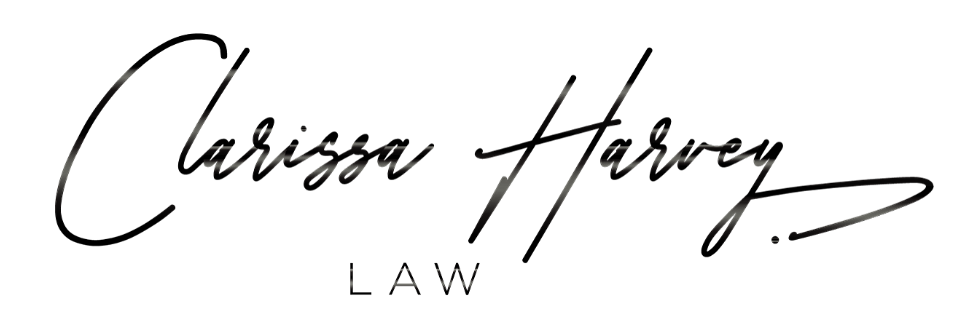Did you know that Walt Disney filed a Trademark application to secure the phrase “Día de los Muertos,” or “Day of the Dead,” across multiple classes in preparation for Pixar releasing a new film back in 2013? Día de Los Muertos, is a Mexican holiday to honor and remember loved ones who have passed. As expected, the public was outraged and saw this as an attempt to exploit Mexican culture for commercial gain. Ultimately, Disney withdrew the application and made a decision to change the name of the film. Disney also received backlash for successfully registering “hakuna matata” a Swahili phrase meaning “no worries” from its animated blockbuster movie “The Lion King".
However, the issue of cultural appropriation and its intersection with trademark law is not a thing of the past. Recently, we have seen Influencer, Kim Kardashian West, attempt to trademark the name “KIMONO”, upsetting Japanese Culture. We have also witnessed Actor, Michael B. Jordan, attempt to trademark “J’OUVERT” for Rum leaving Trinidad and Tobago in an uproar. As well as Nike, attempting to trademark traditional Samoan male tattoo art on women’s workout leggings.
What it really boils down to is that consumers misunderstand the rights granted to Trademark holders and understandably don’t realize that owning a trademark registration does NOT mean that the company owns the exclusive right to the phrase, or that it can ban anyone from using it. You see, trademarks do not exist in a vacuum, the Trademark must be tied to one or more specific goods or services. Further, the scope of protection of a federal trademark registration is only applicable to the specific international class(es) that one designates in their application.
Although the USPTO may allow a company to Trademark a cultural phrase, name or symbol you have to ask yourself is the protection that you obtain from owning that Trademark Registration actually worth it? Bottom line, it is our obligation to be more culturally competent than the generations before us. I believe that Trademark Attorneys have a duty to encourage their clients to go beyond the traditional trademark clearance search and dig deeper to understand and uncover culture sensitivities and really consider how a Trademark will be received.

